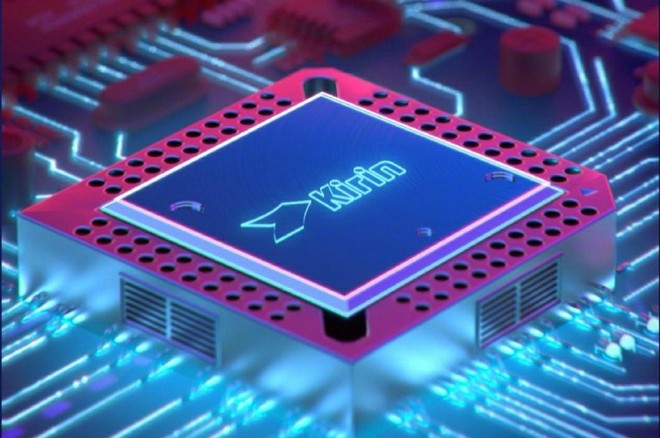Huawei’s Kirin chip supply has been exhausted, the Mate 40 will be the last flagship to use this chip
- Tram Ho
During the ongoing China Information Technology Conference 2020, Huawei consumer equipment CEO Yu Chengdong publicly confirmed that, due to the US sanctions, the Kirin smartphone chip line is owned by the company. Development will no longer be in production after September 15 and development will also be discontinued.
This also means that the flagship Mate 40 series with Kirin 1000 chip launched in the near future will be the last device to feature this type of processor. The high-end Kirin chips will no longer be produced in the future, said Yu Chengdong.

In his speech, Mr. Yu regretted that, without US sanctions, Huawei’s phone shipments surpassed Samsung last year and became the world leader. In the first half of this year, Huawei shipped 105 million phones, Yu said.
Previously, rumors said Huawei had stockpiled a Kirin 1000 enough to equip about 15 million devices in the Mate 40 series – a number that was probably enough for the sale of this flagship line of Huawei.

Huawei Mate 40 leaked image
Built on TSMC’s 5nm process, the Kirin 1000 chip is expected to deliver a performance upgrade using ARM’s latest high-performance cores, the Cortex-A78. It is expected that the new processor cores will provide a 10-15% improvement in performance over the previous generation. However, the graphics processor on this processor line is likely to be the Mali-G76 like on the previous Kirin 990.
While the fate of the high-end Kirin chip line has been decided, it is not known what the future of mid-range Kirin chips will be. Reports indicate that the company has shifted most of its orders for mid-range Kirin 710A chips to a 14nm process from SMIC, China’s most famous chipmaker, and has just mass produced on this 14nm process.
See GizmoChina
Source : Genk
